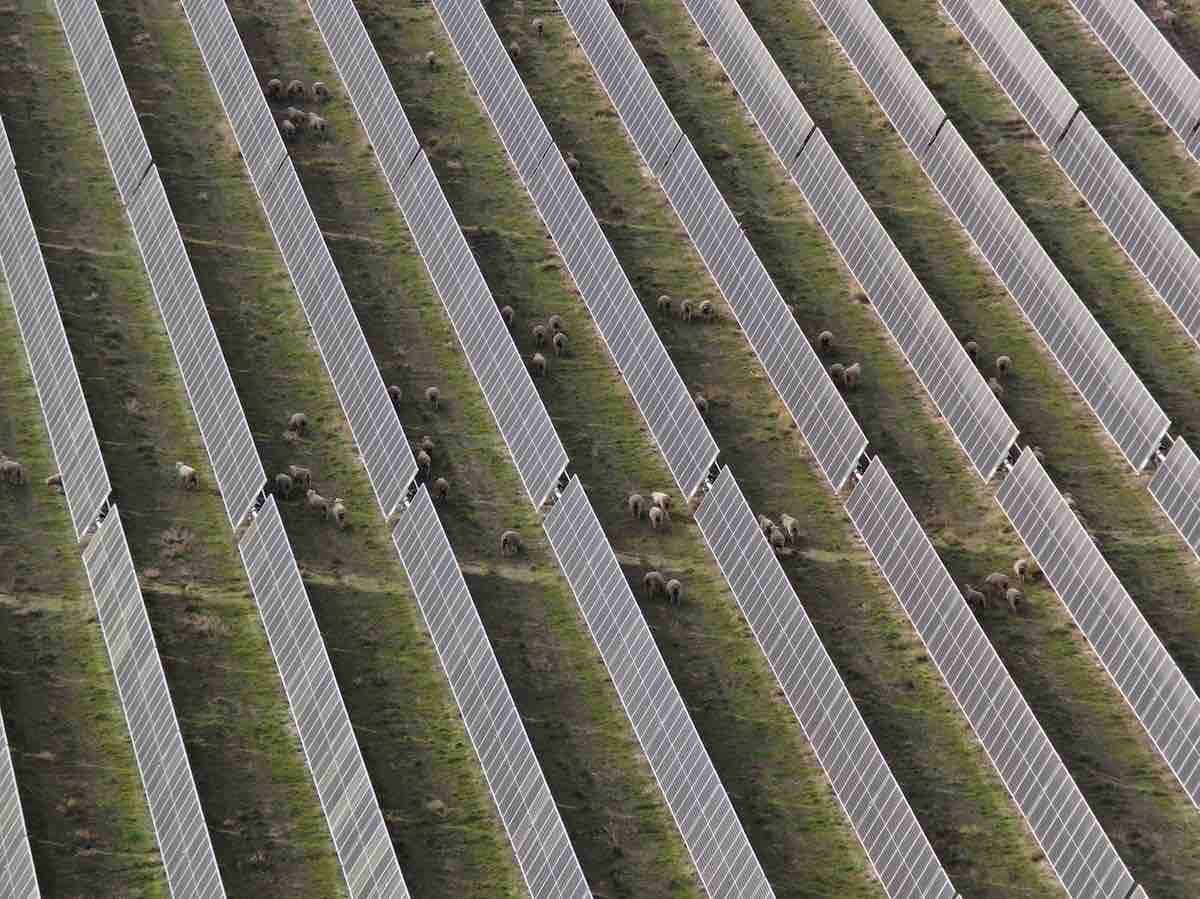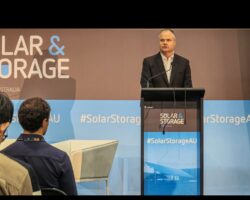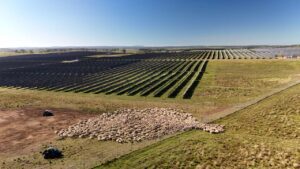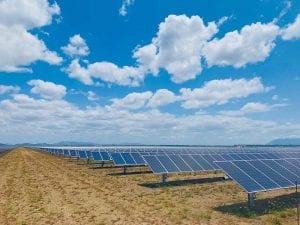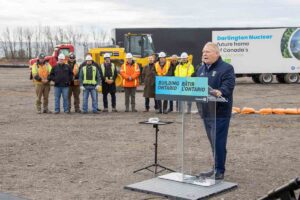Petronas is the latest big oil company to lean into Australian renewables, with the Malaysia giant reportedly set to buy the local assets of German solar and storage developer Wirsol.
The German company is selling off the assets of its Australian subsidiary Wirsol Energy which includes 746 megawatts (MW) of solar and battery and a 700 MW development pipeline, for a price potentially between $900 million and $1 billion, according to Reuters.
The foreign firm put the assets up for sale in April last year with Perth-based Azure Capital running the process, and were said to be close to signing a deal with Petronas or another unnamed bidder in November.
When it was put up for sale last year, Wirsol had 25 MW/ 50 MWh of battery storage installed and was operating some 400 MW of solar farms. Sale documents from the time said it made $41 million in EBITDA in 2021 mostly from its Queensland operations.
Hard sell
The German parent has been trying to sell its local assets for some time.
It tried to spin off five Aussie assets onto the ASX in 2018 in a $500 million listing under the name Bright Acre Energy.
The five solar projects were Clermont, Wemen, Gannawarra, Hamilton and Whitsunday in Victoria and Queensland, all of which saw their output curtailed by the Australian Energy Market Operator due to grid congestion by between 3-7 per cent in the 2022-23 financial year.
RenewEconomy is seeking comments from Azure Capital and Wirsol Energy.
Buying at the top of the market
Petronas is buying at a time of record solar prices.
Prices for large scale solar averaged $108/ MWh in 2022 as energy prices spiked on the back of Putin’s war with Ukraine, according to data from OpenNEM. The previous year averaged $43/ MWh.
The last time prices hit 2022’s records but this was before Australia had installed “several gigawatts” of new capacity, says Green Energy Markets director Tristan Edis.
“I can understand why Petronas would want to start in Australia, as they already understand the market and the system here through their gas investments, but they had better have done their homework, because most of Wirsol’s assets are solar,” he told RenewEconomy.
Oil interest in Aussie renewables
Petronas joins the likes of Shell, BP, Eni, Chevron and Total in Australian renewables, although it’s unclear whether the local purchase is through its new clean energy arm Gentari.
The Malaysian state-owned energy company launched the new division in June last year to hold existing assets of some 1 gigawatt-peak (GWp) of solar capacity in India and Malaysia, a fleet of 220 EVs, and a pipeline of clean hydrogen projects the first of which is due for commissioning in 2025.
Petronas has long been active in Australia’s oil and gas sector, buying 40 per cent of Santos’ gas assets in Queensland, but Wirsol would be its first foray into renewables here.
Fossil fuel companies move in and out of the Australian renewables sector because they lack the core skills of developing and selling wind and solar power, says Victoria Energy Policy Centre director Bruce Mountain.
He says Australian renewables are at an interesting stage, and buyers like Petronas need to be considering what role they intend to play in the quickly changing industry.
“There is masses of government support but also a greater willingness by governments to take charge of their energy systems,” he told RenewEconomy.
“Companies are trying to work out whether they will be owners of assets or contractors managing assets for a fee, and if aren’y thinking about this they ought to be.
“When governments are grabbing renewable energy and emission reduction policies with both hands and are themselves getting into industry, what then is the role of private companies. To develop, own and operate assets and contract with governments in the way tollroad operators do? Or risk trying to complete with governments?”

